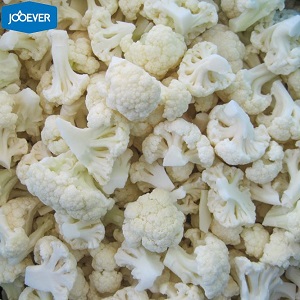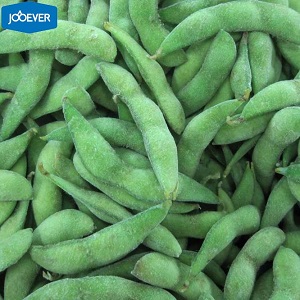Your reliable partner for frozen foods
Frozen vegetables are a great addition to a healthy diet, providing essential nutrients and convenience. While most frozen vegetables retain their nutritional value well, some are particularly nutritious. Here are some of the healthiest frozen vegetables:
Nutrients: High in vitamins A, C, and K, folate, iron, and calcium.
Benefits: Supports eye health, immune function, and bone health. Rich in antioxidants that fight inflammation.
Nutrients: Rich in vitamins C, K, and A, as well as fiber, folate, and potassium.
Benefits: Supports immune function, bone health, and digestive health. Contains compounds that may reduce cancer risk.
Nutrients: Good source of vitamins A, C, and K, fiber, protein, and various minerals.
Benefits: Supports digestive health, blood sugar control, and provides plant-based protein.
Nutrients: Contains vitamins C and K, fiber, folate, and antioxidants.
Benefits: Supports immune function, bone health, and digestive health. Can be used as a low-carb substitute for grains and legumes.

Nutrients: Often a mix of carrots, peas, corn, and green beans, providing a variety of vitamins, minerals, and fiber.
Benefits: Offers a balanced nutrient profile, supporting overall health.

Nutrients: High in protein, fiber, vitamins C and K, and various minerals.
Benefits: Supports muscle health, blood sugar control, and heart health. Provides a complete source of plant-based protein.

Check Ingredients: Choose plain vegetables without added sauces, salt, or preservatives for the healthiest option.
Cooking Methods: Steam, microwave, or lightly sauté frozen vegetables to retain their nutrients. Avoid boiling, which can lead to nutrient loss.
Storage: Keep frozen vegetables in a freezer at 0°F (-18°C) or lower to maintain their quality and nutrient content.
Incorporate Variety: Use a mix of different frozen vegetables to ensure a diverse intake of nutrients and to keep meals interesting.
Frozen vegetables are a convenient and nutritious option, often as healthy as fresh vegetables. By choosing plain varieties and using gentle cooking methods, you can enjoy the full nutritional benefits they offer. Incorporate a variety of frozen vegetables like spinach, broccoli, green peas, and more into your diet to ensure a balanced intake of essential vitamins and minerals.